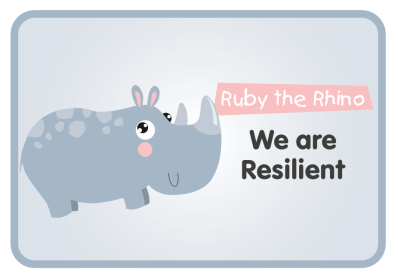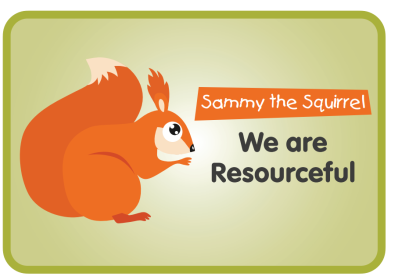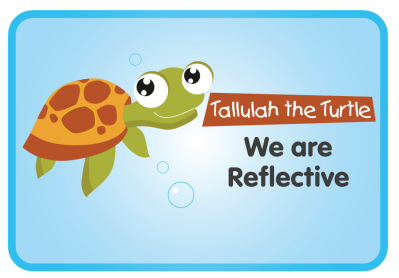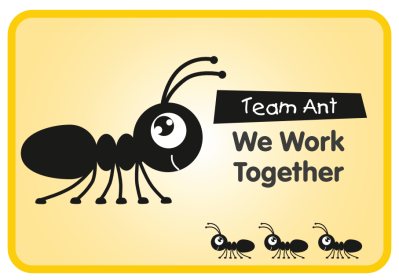Learning Powers
Learning Powers
What Is Learning Power?
Learning Power refers to a set of psychological traits and skills that help learners tackle challenges effectively and confidently. Cognitive scientist Guy Claxton describes Learning Power as a kind of intelligence shown by someone who, in the words of Piaget, "knows what to do when they don't know what to do."
Claxton’s research shows that children who develop their Building Learning Power (BLP) skills:
-
Think more deeply
-
Concentrate more effectively
-
Enjoy learning more
This, in turn, leads to greater progress across all areas of the curriculum.
The Four R’s of Learning Power
Guy Claxton’s BLP framework identifies 17 learning capacities, grouped into four key areas, often referred to as The 4 R’s:
🟡 Resilience – Emotional and attentional engagement in learning
-
Perseverance – Sticking with a task, even when it’s difficult
-
Absorption – Being fully involved in learning (also called "flow")
-
Managing Distractions – Staying focused despite interruptions
-
Noticing – Observing carefully and spotting detail
🔵 Resourcefulness – Cognitive tools for independent learning
-
Questioning – Asking great questions to deepen understanding
-
Making Links – Connecting new learning with what is already known
-
Imagining – Visualising, exploring possibilities creatively
-
Reasoning – Thinking things through logically
-
Capitalising – Making smart use of resources (books, tools, people)
🟢 Reflection – Thinking strategically about learning
-
Planning – Thinking ahead and setting goals
-
Revising – Reviewing and improving ideas
-
Distilling – Drawing out what has been learned
-
Meta-Learning – Thinking about how we learn best
🔴 Reciprocity – Social aspects of learning
-
Interdependence – Knowing when to learn with others or independently
-
Collaboration – Working effectively as a team
-
Empathy and Listening – Understanding and respecting others' views
-
Imitation – Learning from those who demonstrate strength or skill
What Does Learning Power Look Like in Our School?
In an ever-changing world, we know that our children must be prepared for jobs and challenges that may not even exist yet. That’s why we place high importance on developing Learning Power—to prepare children to become adaptable, confident, and capable lifelong learners.
At Wrockwardine Wood Infant School and Oakengates Nursery Federation, we have embedded the 4 R’s—Resilience, Resourcefulness, Reflectiveness, and Reciprocity—into our school vision, ethos, and curriculum.
Children are explicitly taught how to build their learning power. This includes:
-
Understanding how learning works
-
Practising key learning behaviours
-
Using their ‘learning muscles’ to approach new challenges
-
Working independently and collaboratively
-
Persevering and problem-solving with confidence
-
Approaching tasks creatively and strategically
As a result, our pupils develop not only academic competence, but also emotional intelligence, independence, and a positive attitude toward learning.
Learning Power Characters
To make Learning Power accessible and relatable for young children, we use animal characters to represent each of the 4 R’s. These characters help to bring the learning behaviours to life in a fun and memorable way.
Further details on the Learning Power Characters and how they support classroom learning are available below.
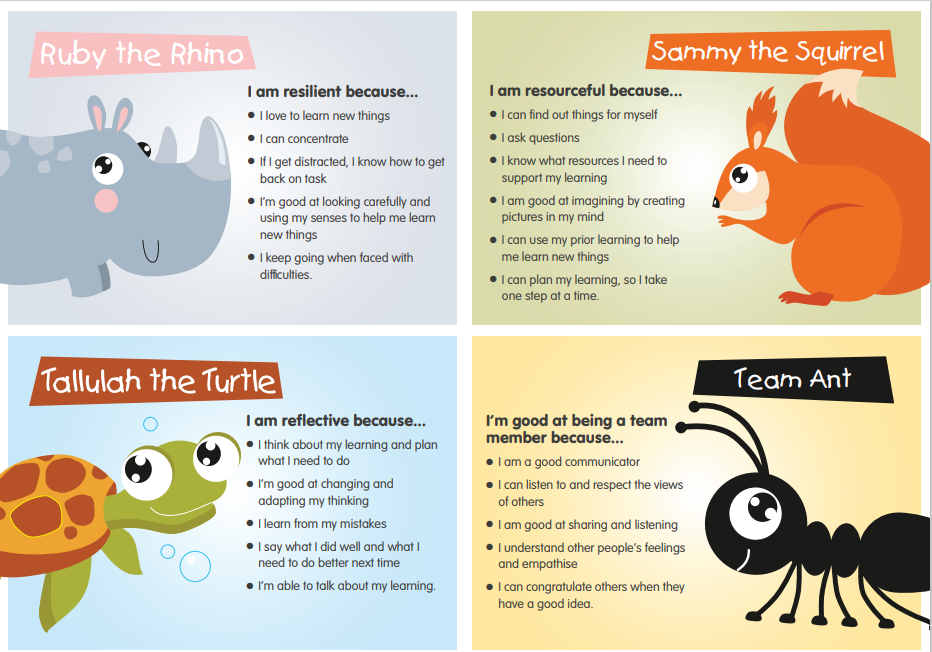
Learning-Powers (ID 1093)
-
Resourceful
Resourceful
-
Resilient
Resilient
-
Reflective
Reflective
-
Reciprocity
Reciprocity




